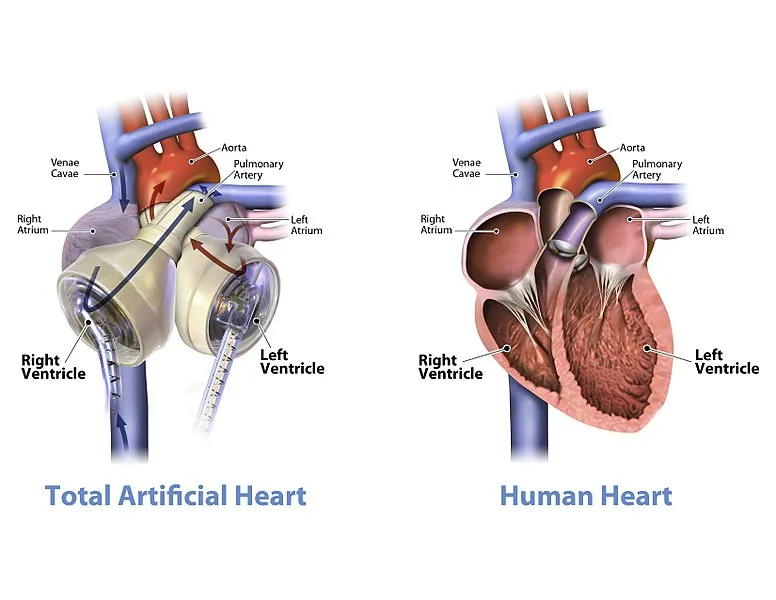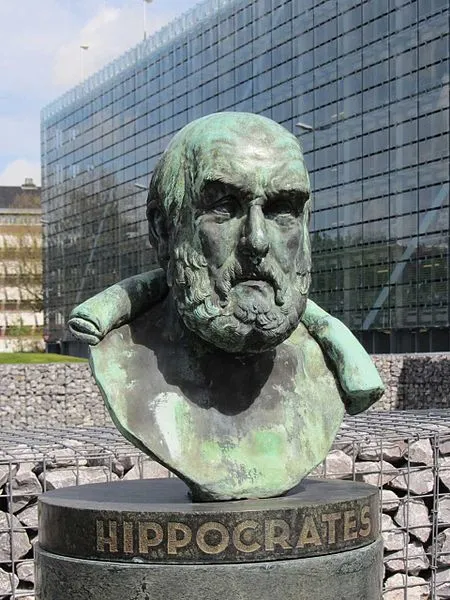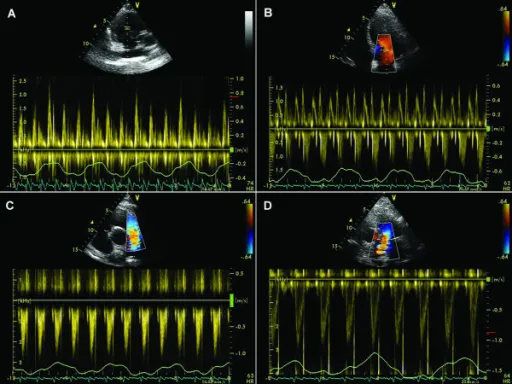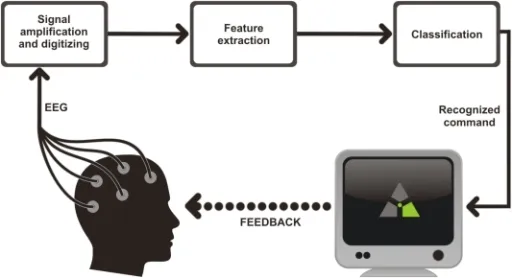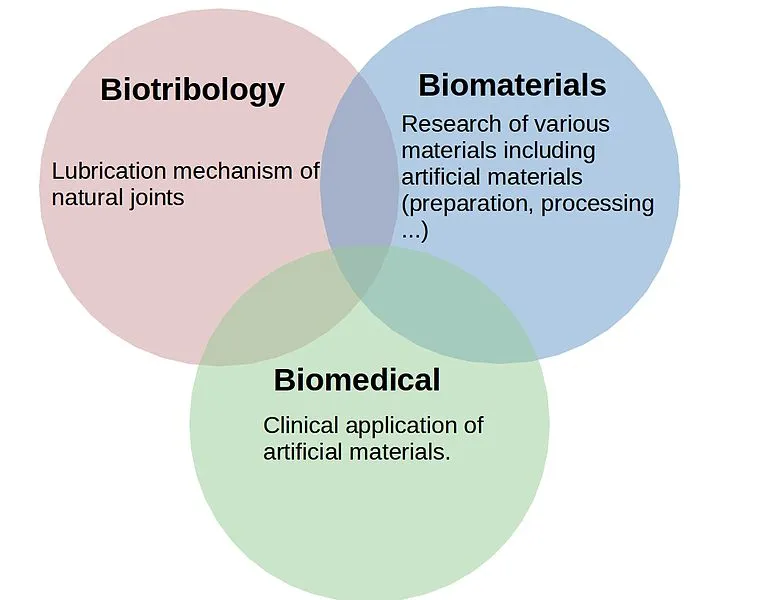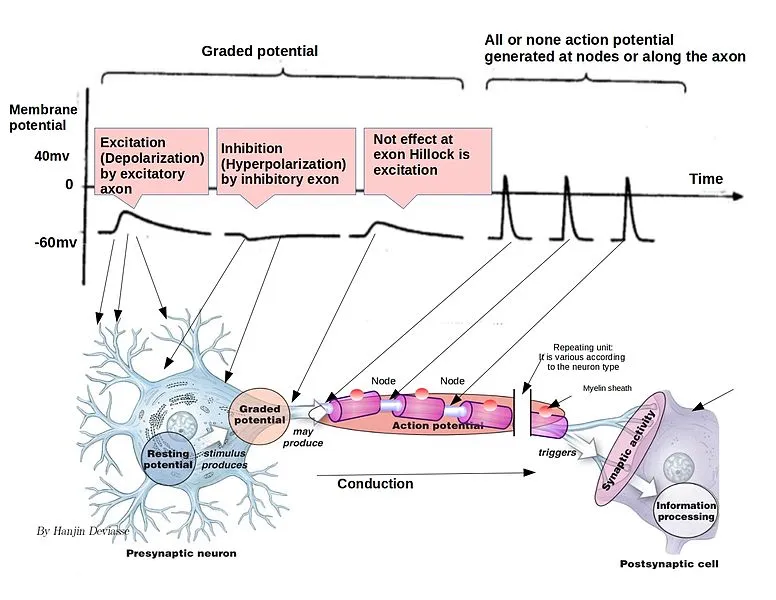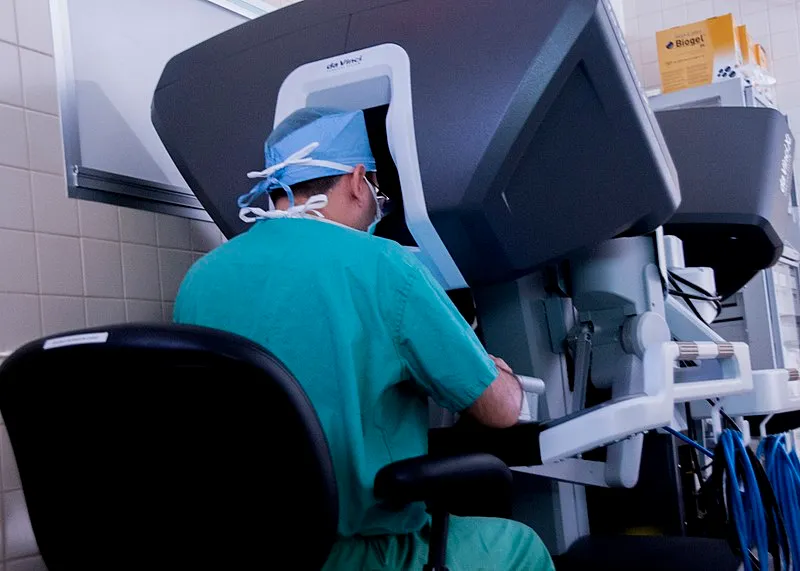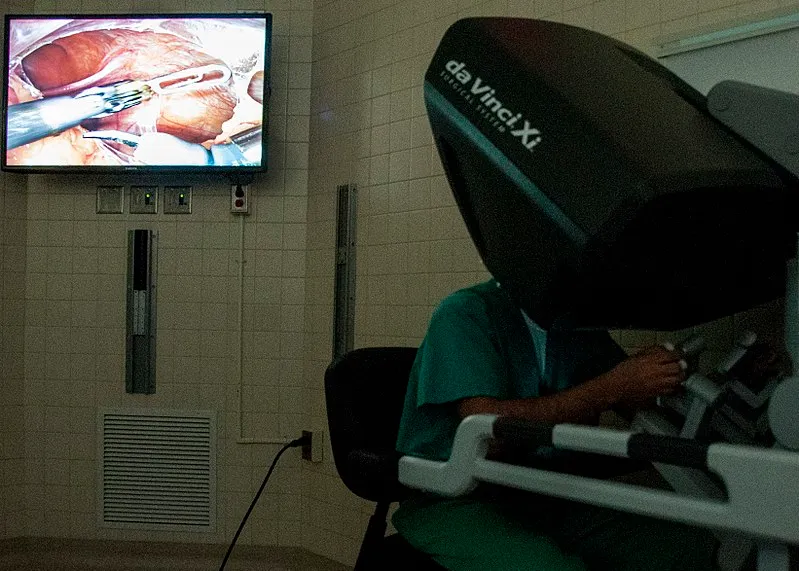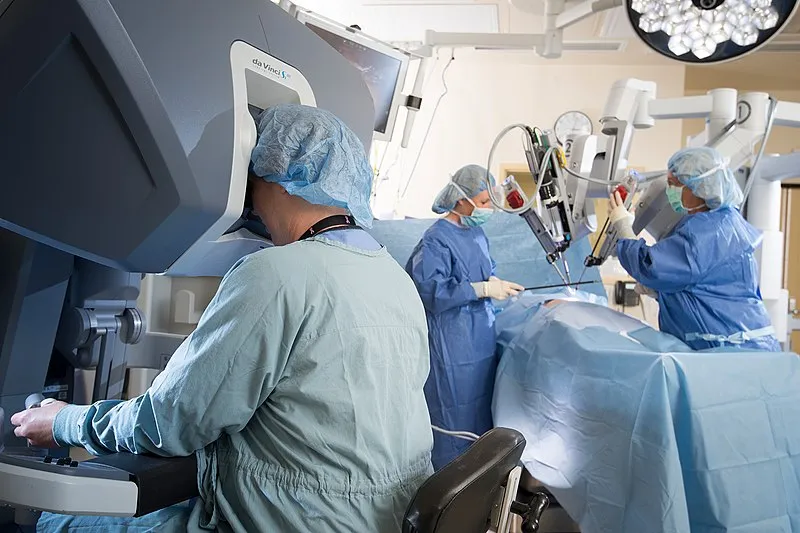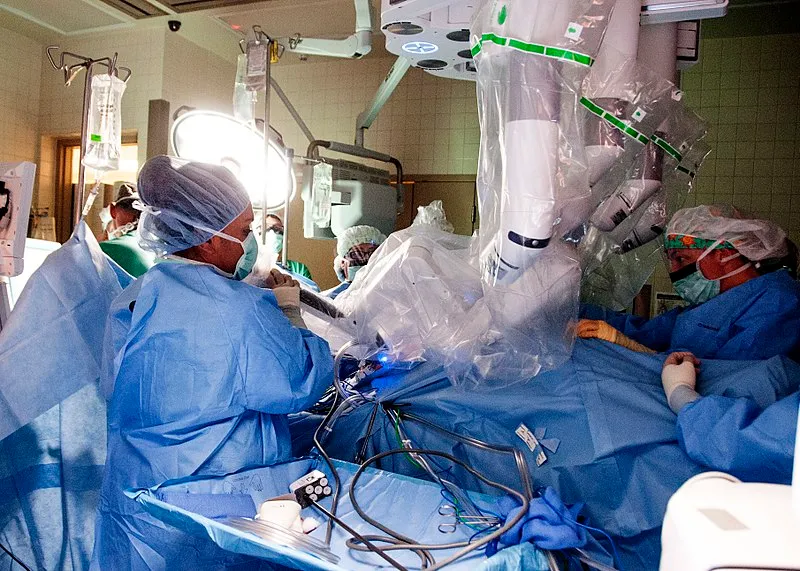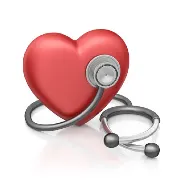Brief history of medicine
Right from time memorial and from the history of treatment of diseases and sickness afflicting mankind, the practice of medicine has been the sole succor to the ill ones. Great physicians like Hippocrates, Galen and Paracelsus were the founding father of medicine.
Hippocrates teachings, injunctions and principles concerning the practice of medicine has been the foundation upon which all actions, morals and norms in medicine anchor on. A collection of his early medical works are all found in the book called The Hippocratic Corpus and all newly qualified physicians take an oat called the Hippocratic Oath which simply enjoins them to observe all the medical ethics derived from Hippocrates.
The foundation
The foundation of medicine began from Greece; the Greeks were the ones that introduced concepts of medical diagnoses and prognosis. Over the years, plants have been the cornerstone of treatment of diseases and even up till now, plants still remain the basis of drugs produced in various pharmaceutical industries, though artificial synthesis of most compounds found in plants that are used for drug production is now possible due to the introduction of modern technology in medicine.
For example plants like Artemisia annua used in the production of malaria drug were used to promote menstruation and treatment of malaria infection, Belladona atropa used in the production of Atropine- a drug that is administered prior operation or surgery to block all the cholinergic activities like intestinal movement, micturition (urination), defecation etc.
Other plants include Castor oil plant from which the irritant purgative- Rill noil is gotten, Foxglove from which the cardiac glycoside – digitalis is gotten, Chinchona from which quinine (antimalarial drug) is gotten and Opium from which Morphine is gotten. Most of the details of these plants and the ailment they cured were documented in a sacred text of Hinduism in India in the book called the Ayurveda - complete knowledge for long life.
Even in the past, Magic was also used in treatment of diseases by the then physicians. Mental illnesses were believed to be caused by some Deities and at times the patient’s hallucination during illness was used as a yard stick to determine the survival of the patient.
For example, a person hallucinating that he /she saw a gazelle (an antelope) was believed to recover while those hallucinating that they saw a dog were predicted to die source
Most surgical and operative procedures in the past involve the application of physical force. A case that will surprise you is the procedure for anaesthesia. In the past, a hit on the head or physical blow on the head induces the patient to be operated on into unconscious state. This act is called anesthesia. Even the notable gas Nitric oxide (laughing gas) was also used, though the use of this gas only makes the patient smile or laugh and in a way makes the pain less felt.
A lot of illnesses that killed people in the past due to ignorance or probably due to superstitious believe would have been cured if they had the right approach or right mentality to treatment. Well would not blame them because some of this believes actually worked for them.
Thank Goodness for technology, we are now wiser and smarter. Education to me has indeed has done more good to the general society than evil. The transition from old and crude method of medical practice did not just happen over night rather was a gradual process. The world is advancing to a point where artificial intelligence and machines will take over most of the hectic protocols involve in diagnostics.
A twist of fate
There has been a transition from the traditional practice of medicine to modern-technologically inclined practice of medicine. A drastic shift from the conventional use of only plants, magic and herbs to treat diseases to the use of highly advanced technology and electrically operated machines in the prognosis, diagnosis and treatment of diseases and infections. The use most sophisticated machines like Ultrasound machines, Magnetic Resonance Imaging, X-rays, CT scan machines, medical lasers, dialysis machines and Electrocardiogram etc. have greatly improved the health sector. The manual method of total white blood cell estimation can now be done simply with the use of a blood cells counter machine and results are gotten within minutes.
Some wireless implantable pill will soon be used to monitor health conditions, various body signals etc. The engineer basically work hand in hand with the physicians to produce most of the machine used in the medical field today.
They employ what is known as BIONICS, an aspect of science that involve the critical study of how most of the human body system, cells, organs and tissue work and mimicking of these physiologic system so as to produce prosthetic or artificial parts that can be used by humans. A typical example is the artificial heart used in patient with congestive heart failure.
The sinoatrial, SA node aka the pace maker that is located in the right atrium of the heart produces the cardiac impulse or what you know as the heart beat Independently and this electrical impulse is transmitted to the atrioventricular node in the ventricles through the internodal fibres and bundles of HIS. Without this SA node producing the cardiac impulse, the contractility of the heart will be seemingly impossible. Other nodes like the atrioventricular node may also generate impulse but they depend on the SA node for their full functionality. Now this is where BME comes in. In the event of failure of the SA node, artifical pace makers are implanted to generate the cardiac impulse, isn't that awesome?
The SA node is the reason why even when the heart is removed from the body, it is still beating. The rhythmicity of these node is about 70-80 impulse per minute and with a conduction velocity velocity of 0.05m/s thus, confers it with the property of being the fastest pace making node. The SA node on its own generates the beats of the heart. The picture here below is an electrocardiogram displaying the characteristic wave form due to physiological variations of velocity across the tricuspid valve of the heart. The first A - is the mitral valve, second B - is the pulmonary valve and the third C - is the aortic valve of the heart. The last picture, D - shows the wave pattern during quiet respiration in a normal heart.
With the machine giving this kind of data, the job of the physician is made easier as he can easily detect when there is a problem somewhere. The introduction of these machines has made medicine practice easier. Today, you don’t need to undergo much hectic procedures to treat ailment. Technology and engineering are both fast penetrating the health field and it is only a matter of time before it finally takes over.
Even the EEG (Electroencephalogram) machine used in the hospitals can be used to diagnose a patient with potential epileptic seizures (a chronic disorder due to excessive firing of neurons in the brain).
In the young, presence of delta waves suggest the likelihood of the patient developing seizures in the nearest future. This machine works based on the electrical conduction signals it receives from the brain and then displays the results in a characteristic wave pattern on the screen. With this machine most neurological conditions can be diagnosed and as well monitored.The concept behind Biomedical Engineering
Application of technology and engineering in medicine is called Biomedical engineering. Basically, Biomedical engineering aims to close the gap between the field of medicine and engineering. Just like I have explained above, it simply incorporates the use of machines in the practice of medicine thus, making life easier through various non invasive methods of health care delivery.
Biomedical engineering rest on a tripod, integration of biology, medicine and engineering. These three field are the basis upon which Biomedical engineering stands. Biomaterials - materials gotten from natural sources are used most times especially when it involves the process of regeneration of a tissue.
Technology is now drifting towards the mimicking of natural materials and phenomenon, a concept in Bioengineering known as Biomimetics which is also similar to bionics. One interesting aspect of biomedical engineering is that is highly interdisciplinary and this gives the electronic engineers, mechanical engineers and as well as the computer engineers higher advantage over others.
It is of no doubt that this has been achieved through the production of many medical devices and point of care testing devices - the practice of carrying out various diagnostic testing right in front of the patient using simple medical devices, for example the glucometer used for measurement of blood glucose level when managing a diabetic patient. Today you need not stand in a long queue or wait for a long time to be tested before treatment.
Just like I stated earlier, activities going on in the brain and some organs that might seem so difficult to access are now easily observed through special machines like the EEG. Electric signals generated through action potential that travel through the neurons in the brain can today be measured, all thanks to biomedical engineering.
Biomedical engineering is a fast growing aspect of engineering that has really caught the attention of many investors and research scientist. Its main aim is to limit the pain and unnecessary invasion of the human body through operation all in the name of diagnosing a disease.
Fate of mankind
With the rapid rise in the use of electronic medical devices in the treatment of disease, one at this point begin to ask, what will be the fate of the hospital staffs whose job are at risk due to the introduction of this devices. These devices will perform the job that would have been done by two or three staffs. This only ends up shooting up the unemployment rate in the developing countries.
Does it then now means that the hospitals should not purchase equipment that will make health delivery much more efficient and faster just because they need to retain the staffs that are meant to do the job . This is a critical question worth putting into consideration.
It is always said that, you cannot eat your cake and have it.
It is well understood that BME has come to alleviate the pain patient by making some procedures less painful and also to develop instruments that will improve the well-being of the humans, yet a price has to be paid in order to achieve its goal. As human do we stand a chance if finally artificial intelligence some day infiltrate the health sector and take over? How would you feel walking into the hospital but only to be attended to by a robot that has already been programmed. How would you feel relating and talking to a robot about that pain you have been experiencing for a long time?
Kinda weird right? well the truth is that technology is really advancing and only future knows what will await mankind. One of the price we may likely pay is massive unemployment especially in the developing countries. Above pictures shows the latest state of the art robot operated by a doctor during a surgery. Thousands of robot can be produced to take over the job of men . The robots currently used today are still manually operated by man and with more advancement in technology, they might be programmed fully to operate on humans, this is a possibility I sense.
How are these machines and devices use regulated?
One thing is the production of these devices and the other is regulation. Most of the products of biomedical engineering involve the collection of medical data and as such needs to be tightly regulated to ensure human safety. Ethics plays a bigger role in the use of the products of biomedical engineering. Several regulatory agencies ensure that the device is safe for use before giving the manufacturer permission for mass production. Another important aspect is the consideration of humans. The respect of fundamental human right plays a significant role in the use of medical devices and machines on humans. As human you have the right to refuse treatment with any machine or medical devices.
Several proponents of the theory of ethics have laid some ethical theories that guide the application of medical devices. For example, the theory of Utilitarianism also known as Consequentialism believes that the
What this means is that no action is morally right (obligatory) or wrong (immoral) rather, the judgement of something being right or wrong is dependent wholly on its end effects - the end justifies the means. If it maximises good consequences, it should be used.
On the other hand another man by name- Immanuel Kant the proponent of the theory called non consequentialism also known as Kantianism was a strong opponent of consequentialism. He deny that consequences of an action is not enough for moral evaluation. Kantianism believes
This man advocates that a limit should be in place when it comes to how humans are treated and this is in turn is a matter of a person's fundamental human rights. In as much as the instruments is meant to alleviate, treat, diagnose a problem, the decision of the patient stands.
Conclusion
To wrap it up, Biomedical engineering is one area worth investing in, its interdisciplinary nature makes it much more lucrative. I foresee a lot of opportunities that abound for future scientist who wish to pursue their career in the filed of medicine, engineering and biology. Though biomedical engineering is not limited to these three fields I stated here, there are still other opportunities for a whole lot of people in other areas of BME.
Thanks for reading, until next time.
References and further reading
¶Ayurveda ¶britannica-bioengineering ¶Biomedical engineering ¶advantages of biomedical engineering ¶history of medicine ¶History of anaesthesia ¶bionity
If you write STEM - Science Technology Engineering and Mathematics related post, consider joining @steemstem and @stemng
Return from BIOMEDICAL ENGINEERING IN MEDICINE : THE CONCEPT AND FUTURE PROSPECTS to cyprianj's Web3 Blog

